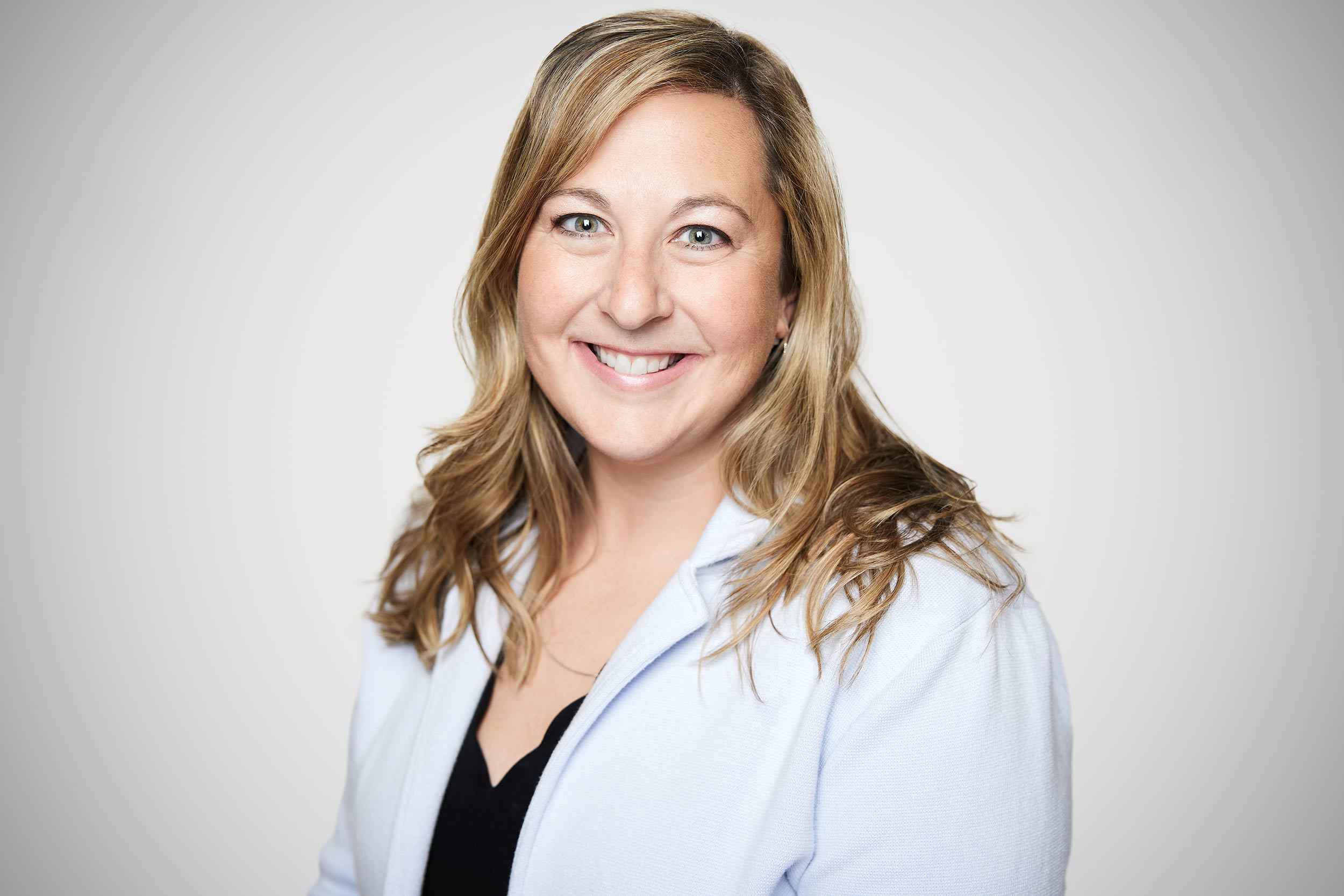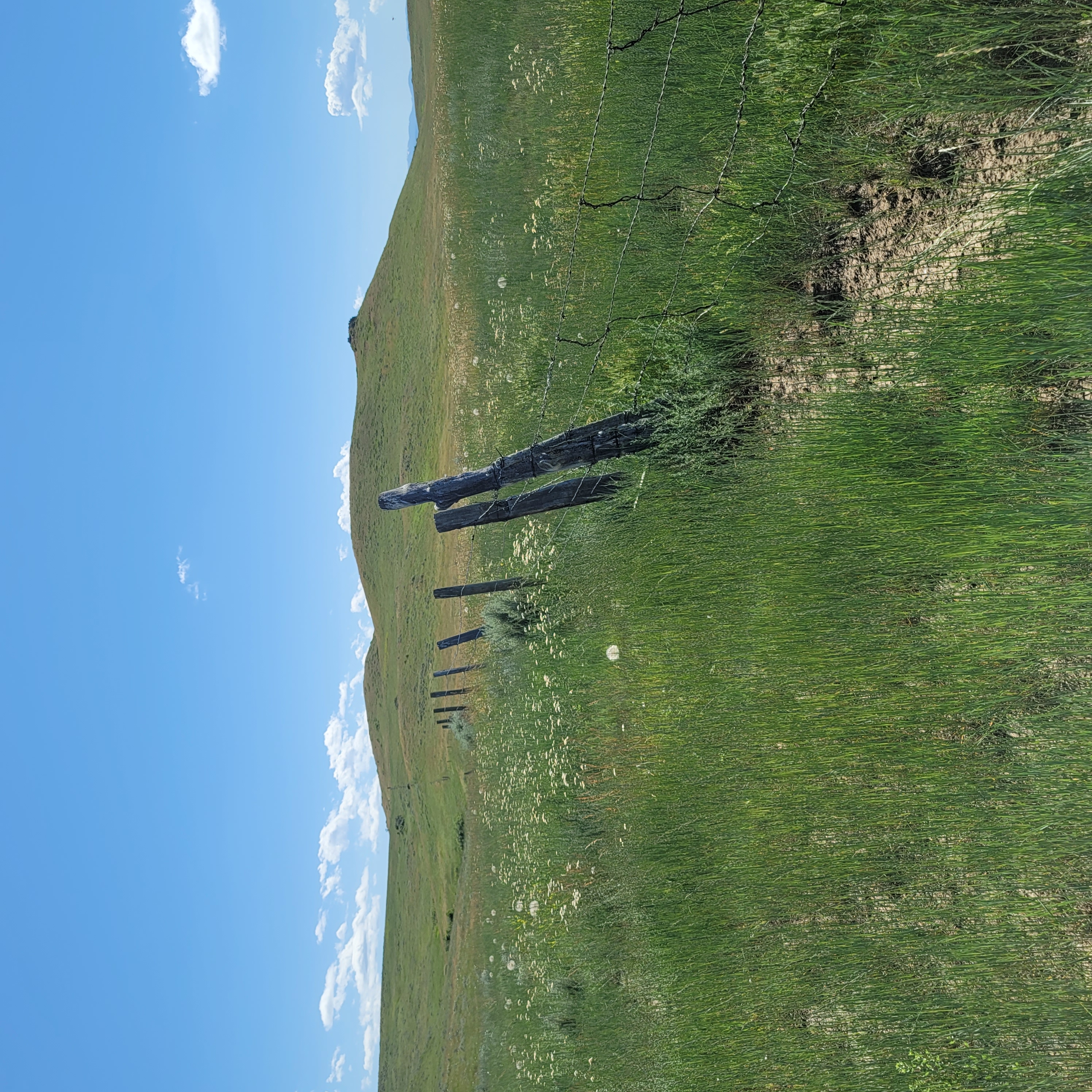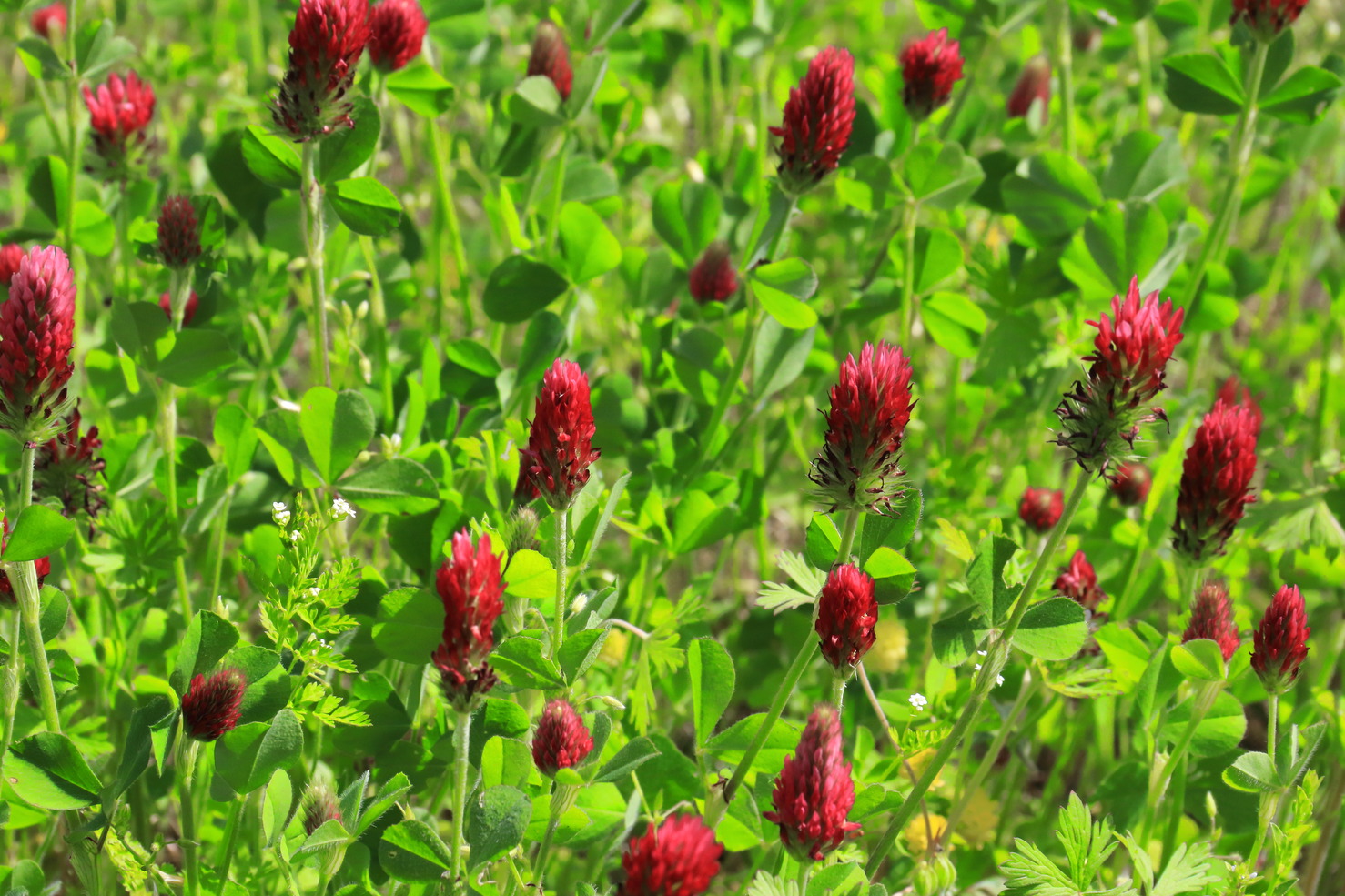Recently, Yara International, Agoro Carbon’s parent company, released its 2023 Integrated Report, which outlines performance measures and its strategy for the future. In this report, Yara outlines current market challenges and its view of the market. Yara was founded in 1905 in Norway to solve an emerging European famine and is the industry’s leading global crop nutrition company. Yara operates in over 60 countries and strongly focuses on building sustainable agriculture practices worldwide.
Agoro Carbon was featured in the integrated report several times for our work in regenerative agriculture. Yara is deeply committed to the sustainability of agriculture, and a vital part of this includes offering farmers and ranchers around the world real, viable solutions to the challenges of modern farming and ranching. Agoro Carbon leverages Yara International’s extensive agronomic knowledge, innovation experience, and reputable brand while operating as a separate business and legal entity. Agoro Carbon is unique in the ag carbon market for not selling other products, services, or technologies, bringing a carbon-only focus to create the highest quality carbon credits. This means that our farmers, ranchers, and businesses have a partner whose success is built on providing long-term sustainable solutions to agriculture.
This unique foundation supports Agoro Carbon’s success as a significant player in regenerative agriculture and working toward a climate-positive future. This brings a long-term stable partner deeply committed to farmer and rancher success in capturing carbon, bringing them a new revenue stream while offering businesses high-quality, verified carbon credits with a lasting impact.
Six Key Principles to Scale Regenerative Ag
Here, Yara highlights the investment in regenerative agriculture worldwide to seek solutions for a future low-carbon economy while still supporting the future of our food system. As part of Yara’s low-carbon future, they established six key principles with which Agoro Carbon’s work is deeply aligned.
What does this mean for farmers, ranchers, and businesses interested in ag carbon?
Agoro Carbon is here for the long term and is deeply committed to success in the agriculture carbon market. Our success comes hand-in-hand with our farmers’ and ranchers’ success. We will continue supporting our growers with agronomic advice and monitoring, reporting, and verifying soil carbon that becomes carbon credits. Our global reach also allows us to connect these high-quality carbon credits with businesses working to reduce their carbon footprint and actively seeking high-quality carbon credits. This, combined with our input-agnostic offering, means we deliver sound agronomic and carbon advice, not sales pitches for other products or services.
Read on to learn more about Yara’s work towards a future of nature-positive food and Agoro Carbon’s alignment with these ambitious goals.
Yara’s 6 Fundamentals for A Low- carbon Future
1. Growth in demand for low-carbon solutions.
No market will show healthy growth without significant demand. At the same time, demand will not pick up if there is uncertainty about the quality and availability of a new product. Although first movers can gain a competitive advantage, a “wait and see”-attitude is
often seen as less risky. However, when it comes to the climate emergency, waiting can create a clean-up bill far exceeding any investments being made today. First Movers Coalition (FMC) is a coalition of companies using their purchasing power to create new
markets for innovative clean technologies across eight so-called hard-to-abate sectors. Around 100 global companies have joined the coalition and, so far, committed USD 16 billion in demand for low-carbon technology and solutions. Yara was a founding member of FMC, which was pioneered by the US State Department and the World Economic Forum (WEF). Our efforts are initially related to decarbonizing shipping by building demand for low-emission ammonia as fuel. We have also joined forces with North Sea Container Lines (NCL) to realize the world’s first container ship using low-emission ammonia as fuel – named Yara Eyde after one of Yara’s founding fathers, Sam Eyde.
Agoro Carbon is taking action towards a climate-positive future, with over 2 million acres of farm and ranch land signed up since mid-2021. Sustainable practices on this land will sequester carbon and produce high-quality, science-backed carbon credits.
2. Growth in supply of low-carbon solutions
Over time, the demand for low-carbon solutions will solidify. A report from Boston Consulting Group and WEF even predicts that there will be a shortage of low-carbon solutions over the next decade 1). In addition to working systematically on initiatives to increase
market demand we are therefore working on developing solutions and building capacity.
Yara is the world’s second-largest ammonia producer and has the world’s largest ammonia export and trading network and infrastructure. We are leveraging this to take a leading position within low-emission ammonia, which is produced either with renewable energy or with the use of carbon capture and storage. This enables us to deliver fertilizer with a smaller carbon footprint to the food sector and low-emission fuel to the shipping industry. In addition, it can contribute to decarbonizing power production. We have several ongoing projects, both with the use of renewable energy and carbon capture and storage (CCS). At our Porsgrunn plant in Norway, we have built Europe’s largest electrolysis plants to date, and at our Sluiskil plant in the Netherlands, we are investing in CCS. In my view, no one is better positioned than Yara to capture value in the low-emission ammonia market.
The sustainable agriculture practices that Agoro Carbon offers supports a future with less need for crop and forage inputs, without yield loss, by building healthier soils.
3. A shift to regenerative agriculture
In addition to the need to decarbonize the upstream part of the food industry – the production of fertilizers – there is an equally strong need to decarbonize the downstream part – the use of fertilizers. Regenerative agriculture is by far the best systematic approach to adopt sustainable farming practices that affect nature and climate in a positive way. As part of our support for regenerative farming, we develop and deliver low-carbon nitrate fertilizers, specialty products for enhanced crop performance, and organic-based fertilizers. We also offer digital tools to optimize yields and minimize environmental impact, including improving nitrogen use efficiency, which is fundamental in regenerative agriculture. However, regenerative farming will only achieve scale when farmers find it commercially attractive. They are the stewards of the soil and must therefore be rewarded with new green revenue streams. Yara is enabling this through the Agoro Carbon Alliance, which incentivizes farmers to sequester carbon in their soil through carbon credit incentives.
Since our launch in June of 2021, Agoro Carbon has signed up more than 2 million acres across the US and is also scaling up in Brazil. With practice offerings for farmers and ranchers, Agoro Carbon helps offset the costs of transitioning to conservation practices like reduced tillage, adding cover crops on farmland, rotational grazing, and biodiversity and fertilization to pasture and rangelands.
4. Not only a green transition, but a just transition
A green transition can only be viable if it is inclusive and fair. High-income countries account for more than a third of emissions while low-income countries account for less than one percent) , and we cannot allow a green transition to be the expense of the most vulnerable.
Yara has an on-the-ground presence in 60 countries, and we witness every day how the poorest are paying the highest for the climate crisis. Africa is the epicenter of multiple crises threatening food production, economic growth, and regional stability.
Soil is literally at the root of many pressing national security challenges that we face.”
US Secretary of State, Antony Blinken,
The practices that Agoro Carbon supports not only provide new revenue to farmers and ranchers, it’s been proven that these practices build soil resilience and health, keeping top soil in place and giving the potential for reduced inputs and time in the field/pasture, saving both time and money for our producers.
Storing carbon in the ground is a highly affordable and scalable way to cut greenhouse gas emissions in the atmosphere. It also enables healthy, secure, and sustainable food systems. Over a third (38%) of our global land surface is used for agriculture. Farmers and ranchers are at the forefront of soil carbon sequestration potential. They have a unique opportunity to be an essential resource in reversing the effects of climate change while enriching their land’s livelihood and sustaining their legacy.
5. Metrics and actions as antidote for greenwashing
There is a classic saying “what’s measured gets done” and I’m a believer. We can’t pretend that the green transition is easy. It’s time to walk the talk and be transparent about it. At Yara, we have our strategy scorecard with clear targets and quarterly updates on how we are progressing. We have grouped these targets under People, Planet and Profit for everyone to see – and to challenge us. Metrics are also crucial in agriculture and there is
enormous potential for improvement. Yara has been working on the issue of data fragmentation and field connectivity for several years, especially in our agriculture
technology subsidiary Varda, to come up with a global field ID. Best described as a QR code for fields, it helps to standardize the identification of agricultural land plots and supports traceability, regenerative farming monitoring, and documentation.
Agoro Carbon is committed to transparent and responsible carbon offsetting practices. Part of this commitment involves carefully considering the businesses or industries we offer credits. Potential buyers must align with our values and commitment to sustainability, environmental integrity, and social responsibility.
Importantly, we work to create the highest-quality carbon credits. Our team of scientists works to ensure that soil-carbon quantification and calculations are scientifically robust, accurate, and measurable. They work with best-in-class soil-sampling design methods, sample analysis, and modeling procedures to ensure that we are measuring and creating the highest-quality carbon credits. Our expert team reviews scientific literature regarding soil carbon sequestration and greenhouse gas emissions and how these are affected by ag practices to sequester soil organic carbon.
6. Ambitious, committed partnerships
None of the five fundamentals mentioned so far are achievable without the sixth: Collaboration. We are therefore engaged in several partnerships with companies that share our view on what needs to be done and show an eagerness to get going. One such project is on carbon capture and storage with Northern Lights, owned by Shell, TotalEnergies and Equinor. We will capture 800,000 tonnes of CO2 annually at our Sluiskil plant in the Netherlands, to be transported and stored below the Norwegian continental shelf in the North Sea. It’s an agreement on commercial terms and an example of a profitable, decarbonization business case. In Norway, we have joined forces with Reitan Retail,
Norgesmøllene, and Felleskjøpet Agri to reduce emissions from Norwegian food production. Oats will be the first available product, with between a 25-30 percent lower carbon footprint than oats produced with traditional mineral fertilizers. A third example is the long-term agreement with Simpsons Malt in the UK, which also includes our unit Varda. It is aimed at dramatically reducing the carbon footprint in malting barley and distilling wheat for leading global beer and whisky brands.
Agoro Carbon is an alliance of farmers, ranchers, agronomists, and businesses. We partner with the most respected carbon registry in the industry to ensure every credit sold has been thoroughly measured, vetted and monitored for permanence while ensuring every farmer or rancher we work with is the prime benefactor of soil organic carbon sequestration. We are proudly backed by Yara International while operating independently to scale soil carbon solutions in agriculture.
Source: Yara’s Integrated Report




